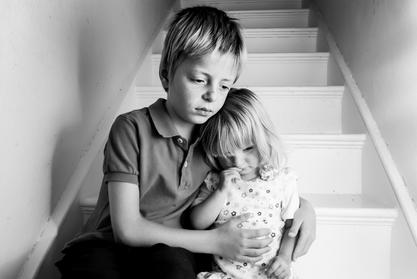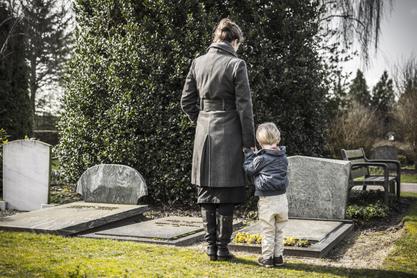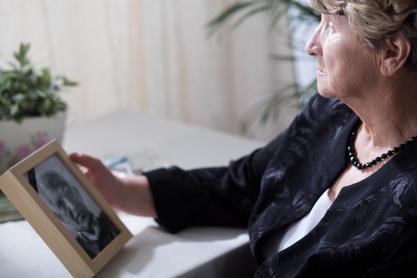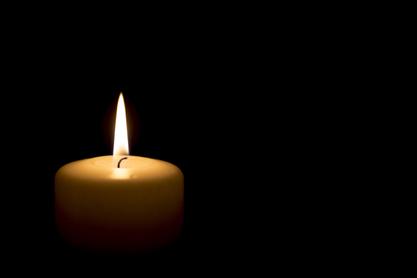Death: Survive or Surrender
Posted by KatieH13
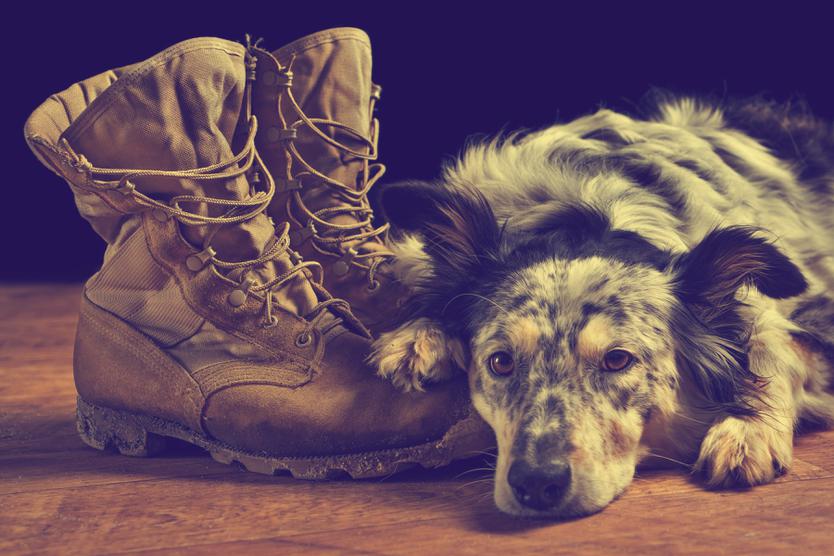
Like most people I’ve had my fair share of grief and in an attempt to understand and accept death I teamed up with Damsons Future Planning in the hope to make the grieving process easier. After much research we found various concepts on how to handle grief and now we want to share it with you. First of all we found that grief has been boxed into two categories: complicated grief and uncomplicated grief. It’s a vague description because everyone grieves in their own way. Uncomplicated grief is considered as the ‘normal’ process of grieving. According to the article by psychiatrist, Colin Murray Parkes a person goes through four stages of grief after a person has died. Numbness, sorrow, guilt and anger, after this point a person can begin to accept the death. While uncomplicated grief is deemed normal it is still hard to process the loss of a loved one. Quite often people lose their appetite, they suffer from short term memory loss and a lack of concentration. After some time these will subside and a person can rebuild their life without their loved one. Complicated grief is, as you’ve guessed, more complex. Responses to the death of a loved one is much more extreme. This often leads to everyday life being impacted upon, usually this is spurred on by a person who is struggling to accept death. According to grief counsellor, Robyn A. Howarth the lack of acceptance can lead to social withdrawal, depression, weight loss and constant exhaustion. The inability to accept death usually stems from a sudden death, a person dying at a young age and sadly, suicide. Death is one of the most distressing emotional experiences that a person has to endure however we found that small and simple steps are the start of the journey to recovery. Using research from psychology, counselling and medical journals we compiled a list on how to cope with grief. It's OK to express your emotions. Repressing your feelings isn’t healthy and can do much more damage in the future. Holding on to your emotions can lead to depression whereas talking about your feelings to your loved ones releases endorphins that ultimately easies the grief. Once a person has discussed their emotions, they need to accept their feelings. This time enables a person to grieve and heal as they progressively accept the death of a loved one. Keeping up your daily routine is important. Continuing to do your day to day activities will bring back the normality in your life and in turn help with the healing process. It’s also important that you eat healthy. Maintaining regular food intake prevents you from losing too much weight, it keeps you energised and motivated to face each day. Sleep is as equally important as food. Maintaining a regular sleeping pattern will keep you refreshed, less exhauted and more willing to be proactive. And the most important factor of all is to avoid substances that numb the pain, such as alcohol. In the long run it will only end up prolonging the grieving process and affect your own health. Combining all of these factors we found that it makes for a healthier grieving process. Although everybody grieves differently and understandable you’ve got to grieve but you’ve also got to heal. There are some excellent journals and sites that are dedicated to helping those who are grieving. For more information click the links below. http://www.apa.org/helpcenter/grief.aspx - Katherine Nordal http://www.nhs.uk/livewell/emotionalhealth/pages/dealingwithloss.aspx- NHS http://digitalcommons.gardner-webb.edu/cgi/viewcontent.cgi?article=1002&context=jcp- - Jess E. Roberts, Andrea J. Thomas and James P Morgan

